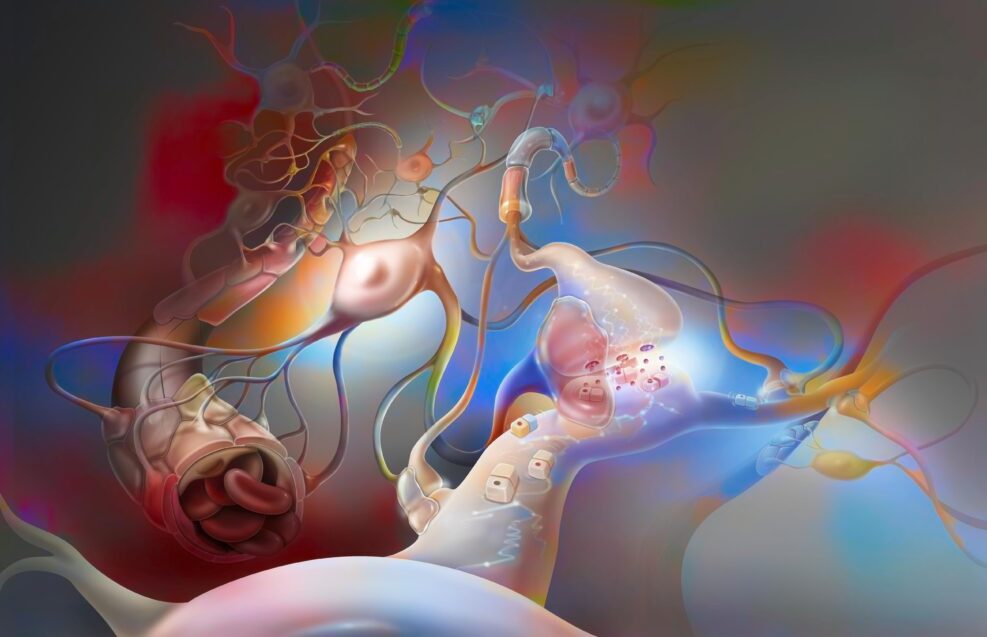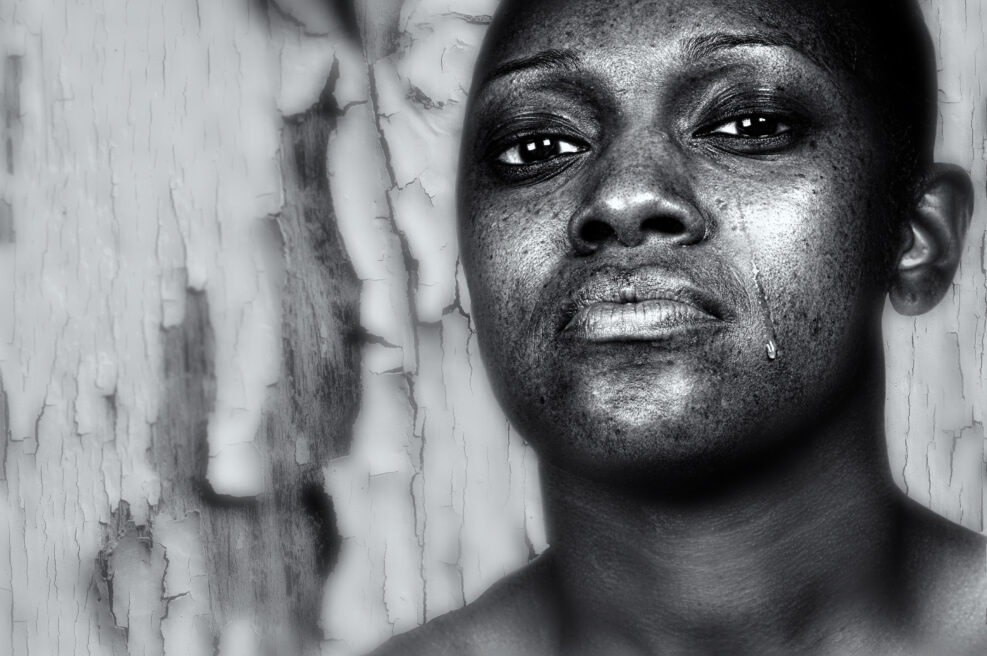
Helpful Video Maps Out Gen Z Mental Health Crisis
The glow of the screen is swallowing a generation, and it needs to stopSocial psychologist Jonathan Haidt’s new book The Anxious Generation topped the New York Times bestsellers’ chart two weeks in a row, and has been stirring up a lot of commentary in the meantime. Haidt’s basic thesis is that we have drastically overprotected children in the real world and woefully under-protected them in the virtual world. A new video helpfully lines out this argument, and shows why today’s generation, more than the Millennials who preceded them, struggle so intensely with anxiety, depression, and loneliness. In a recent interview, author and public intellectual Andy Crouch said that while he doesn’t know if it can be backed up neurologically, there is something about the “glow” of screens that wakens something primordial in the Read More ›











